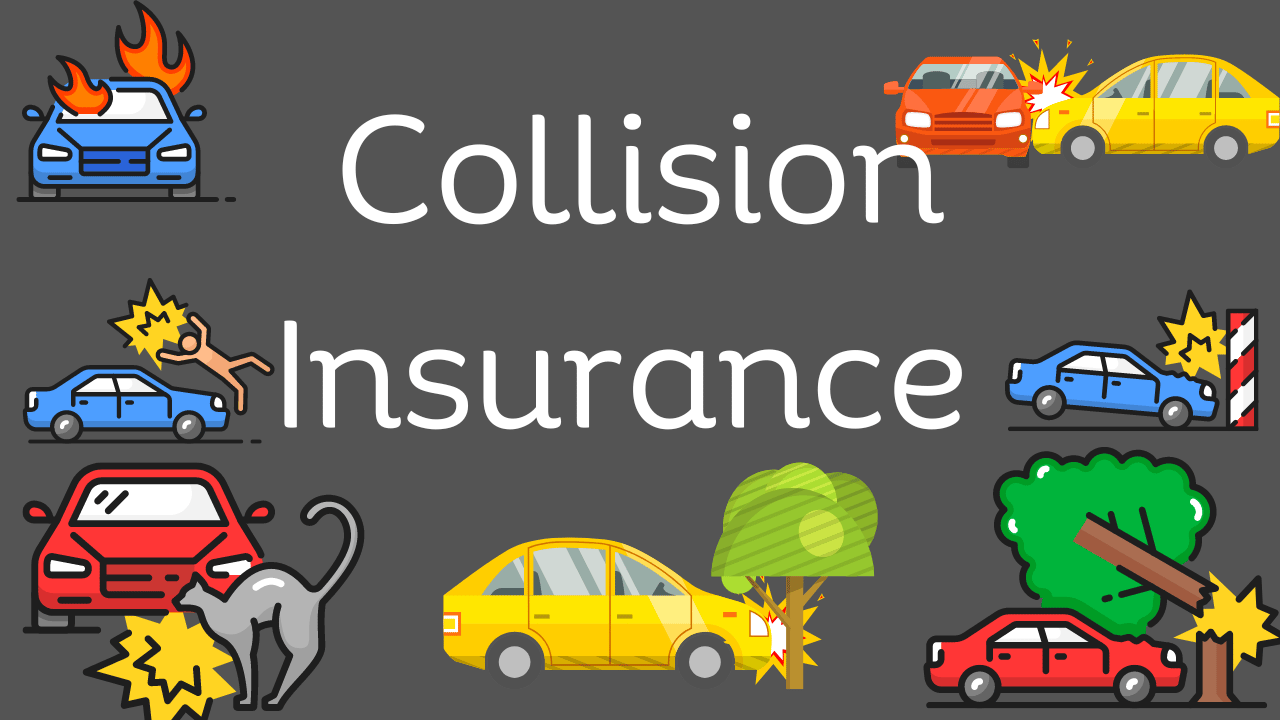Collision insurance covers is a type of car insurance that provides coverage for damage to your vehicle resulting from a collision, regardless of who is at fault. Here’s a detailed look at what collision insurance covers, how it works, and what you should consider:
Coverage Provided by Collision Insurance
- Accidents with Other Vehicles:
- Collision with Another Vehicle: Covers repair or replacement costs if your vehicle is damaged in an accident with another car, whether you are at fault or the other driver is.
- Single-Vehicle Accidents:
- Collisions with Objects: Provides coverage if you hit stationary objects such as guardrails, telephone poles, or trees. It also covers damage from rolling over or flipping your vehicle.
- Damage from Road Hazards:
- Potholes and Debris: Covers damage resulting from running over potholes, road debris, or other obstacles on the road.
How Collision Insurance Works
- Premiums and Deductibles:
- Premiums: You pay a monthly or annual premium for collision coverage. The cost of the premium depends on various factors, including your vehicle’s value, driving history, and location.
- Deductibles: Collision insurance comes with a deductible, which is the amount you pay out-of-pocket before the insurance covers the remaining repair costs. For example, if you have a $500 deductible and $2,000 worth of damage, you would pay $500, and your insurer would cover the remaining $1,500.
- Claims Process:
- Filing a Claim: If your vehicle is damaged in a collision, you file a claim with your insurance company. They will assess the damage, determine the repair or replacement costs, and pay out up to the actual cash value of your vehicle minus the deductible.
Benefits of collision insurance covers
- Repair or Replacement Costs: Provides financial protection for repairing or replacing your vehicle if it’s damaged in a collision, whether with another vehicle or an object.
- Peace of Mind: Offers peace of mind knowing that your vehicle is protected against damage resulting from accidents, which can be financially burdensome to repair out-of-pocket.
- Leased or Financed Vehicles: Often required by lenders or leasing companies. If you lease or finance your vehicle, collision insurance is usually a mandatory part of your insurance policy.
Limitations and Considerations
- Not for Non-Collision Incidents: Collision insurance does not cover damage from non-collision incidents such as theft, vandalism, fire, or natural disasters. For these types of risks, you would need comprehensive insurance.
- Deductible Costs: You must pay the deductible amount before the insurance covers the rest of the repair costs. Choosing a higher deductible can lower your premium but may increase your out-of-pocket expenses in the event of a claim.
- Vehicle’s Actual Cash Value: Insurance payouts are based on the actual cash value of your vehicle, which takes into account depreciation. If your vehicle is totaled (i.e., the cost of repair exceeds its value), you will receive the vehicle’s market value minus your deductible.
- Premium Costs: Collision insurance adds to your overall insurance premium. Evaluate whether the cost is justified based on your vehicle’s value and your risk tolerance.
When to Consider Collision Insurance
- Value of Vehicle: If your vehicle is new or has significant value, collision insurance can be a worthwhile investment to protect against costly repair or replacement.
- Lease or Loan Requirements: If you have a lease or loan on your vehicle, collision insurance is typically required by the lease or loan agreement.
- Financial Situation: If you want to avoid potentially high out-of-pocket costs for repairs, collision insurance provides a safety net and can be a prudent choice.
Summary
Collision insurance covers damage to your vehicle resulting from collisions with other vehicles or objects. It includes repair or replacement costs after you pay a deductible. While it doesn’t cover non-collision-related risks (which require comprehensive insurance), it offers valuable protection for managing repair expenses following an accident. Evaluating your vehicle’s value, financial situation, and insurance requirements can help determine if collision insurance is appropriate for you.
